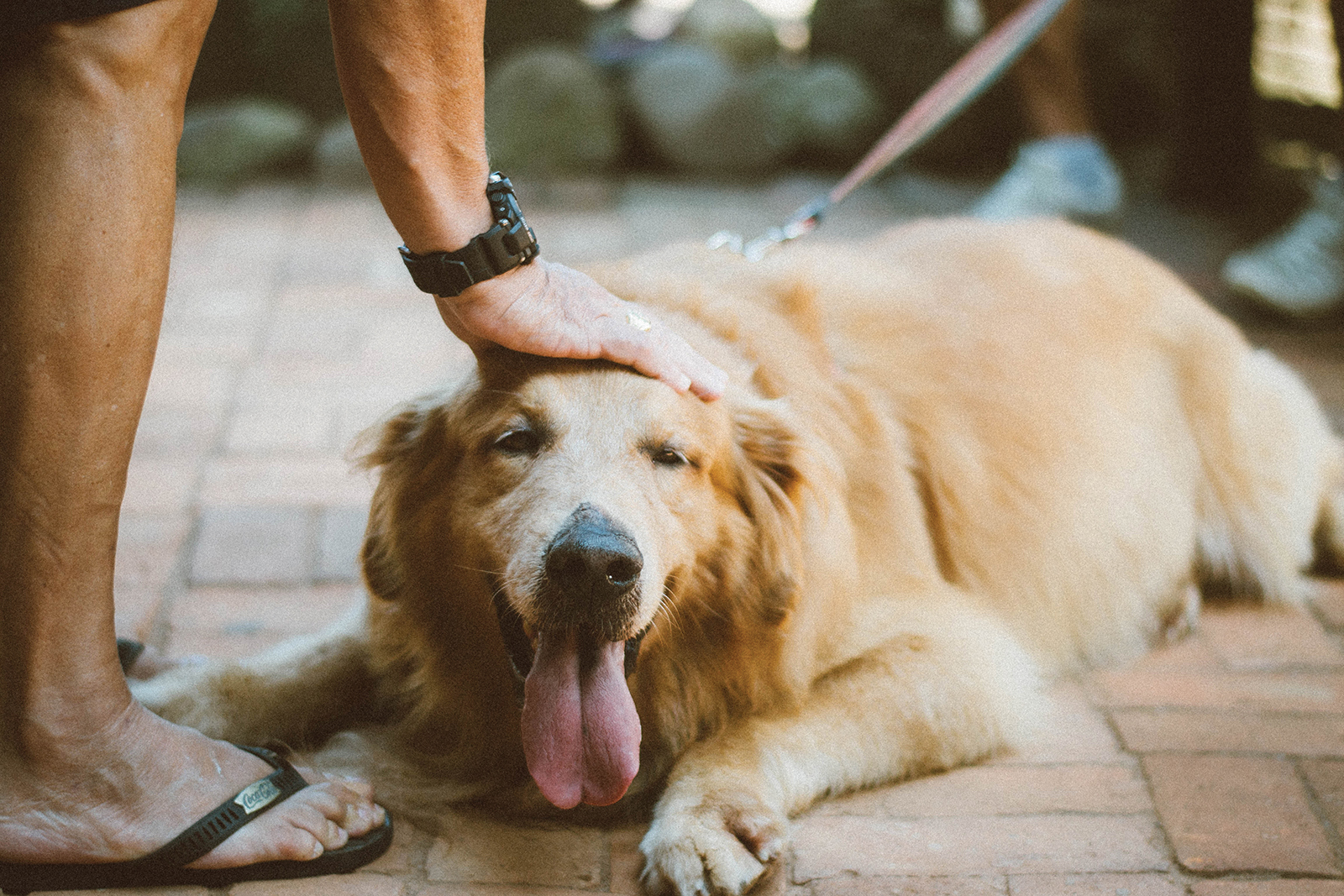Foods You Didn’t Know Were Dangerous for Your Dog

Although we probably shouldn’t, it almost comes as second nature for us to sneak a little piece of food to our dogs underneath the dinner table. We get it — it can be tempting to give in to a pair of adorable puppy eyes and feed them just a tiny bit of human food. I mean, it couldn’t hurt…right?
We’ve got some bad news. It could be hurting your four-legged friend. It’s common knowledge that dogs are not to indulge in some human foods such as chocolate and grapes, but there are plenty more foods you may still be slipping under the table that could possibly be lethal for your dog.
Avocado
Yes, an avocado pit can be a choking hazard for your dog, but there is more within an avocado you should be aware of. Even though it can be found in other fruits, avocado has a significant amount of persin, which is a fungicidal toxin, according to the American Kennel Club (AKC). Persin can cause vomiting, diarrhea and even myocardial damage in dogs, so be careful with that avocado toast.
Onions
They can make you cry, and they can be toxic for your dog. According to the American Kennel Club, “onions contain a toxic principle known as N-propyl disulfide. This compound causes a breakdown of red blood cells, leading to anemia in dogs.” It can even lead to fainting, vomiting, weakness and lethargy. Similar to onions, garlic and chives can also show some of the same symptoms and cause anemia in dogs.
Too much salt
It’s easy to spill some salt on the floor while cooking on occasion, but it is important to make sure it gets cleaned up before your dog finds it. According to Fetch by WebMD, an excess of salt can cause dogs to be overly thirsty and can lead to vomiting, diarrhea, seizures and even death. Next time your dog begs for a chip, give them a pet instead.
Xylitol
Even though it’s one of the latest and greatest sugar substitutes, it’s not as beneficial for your pup as it is for humans. When xylitol is absorbed into a dog’s bloodstream, it produces a significant amount of insulin which could cause hypoglycemia, according to VCA Hospitals. In dogs, this can lead to vomiting, tremors, weakness, seizures and even liver failure. The fix? Store those sugar substitutes on the highest shelf.
Yeast
Although it is unlikely that a dog will find its way into yeast, it is a possibility. Yeast, used in baking to help bread rise, can expand in a dog’s stomach and cause major pain for the dog. In addition, “when the yeast ferments the dough to make it rise, it makes alcohol that can lead to alcohol poisoning,” according to Fetch by WebMD. Forewarning: the bloat created from the expanded yeast can even become lethal, so be careful when baking your bread!






